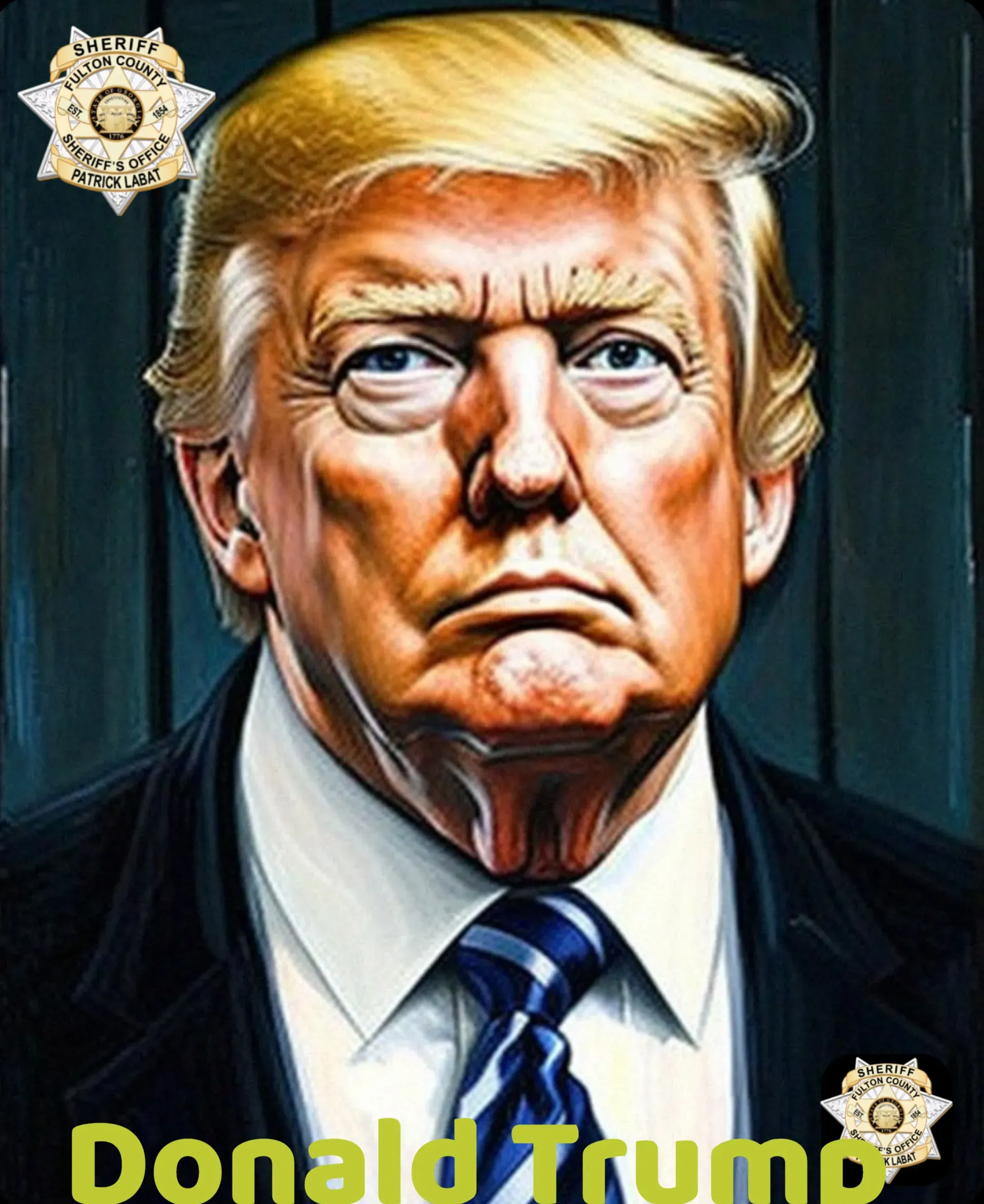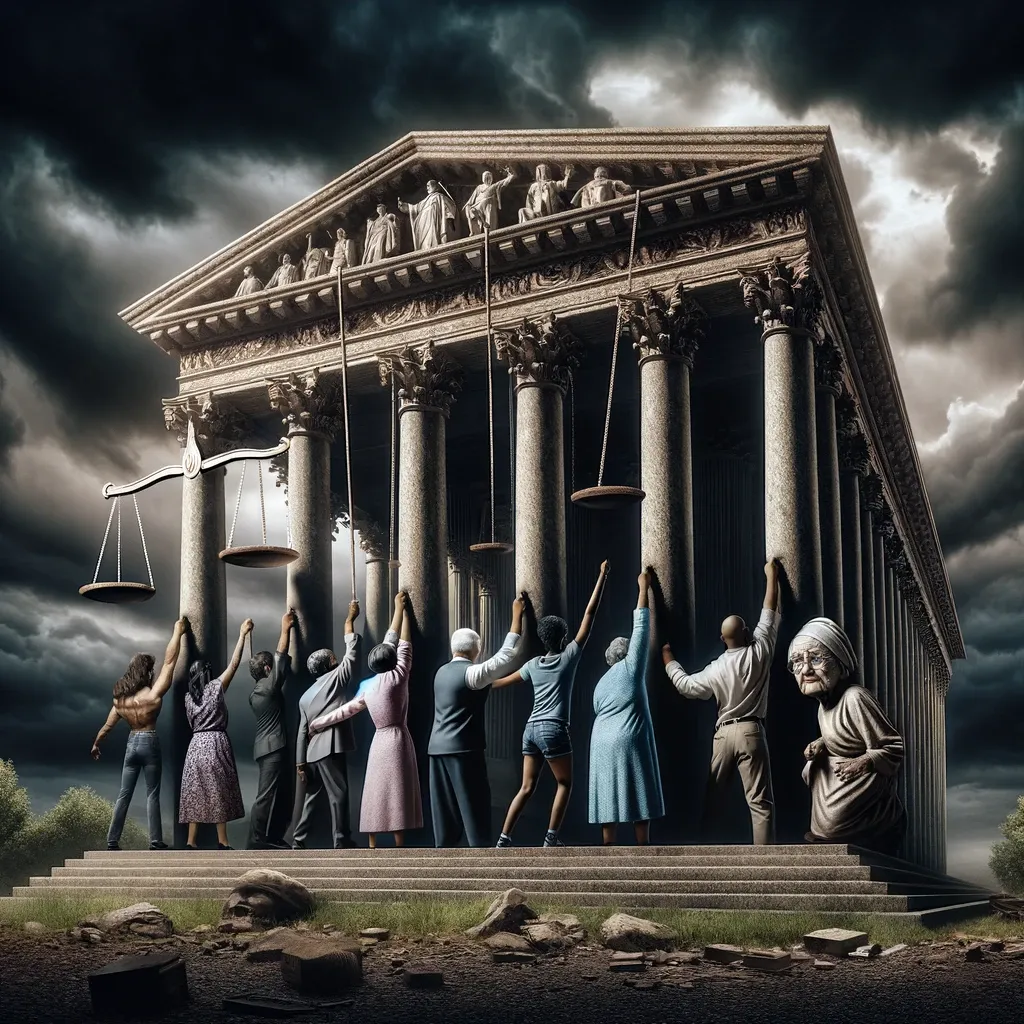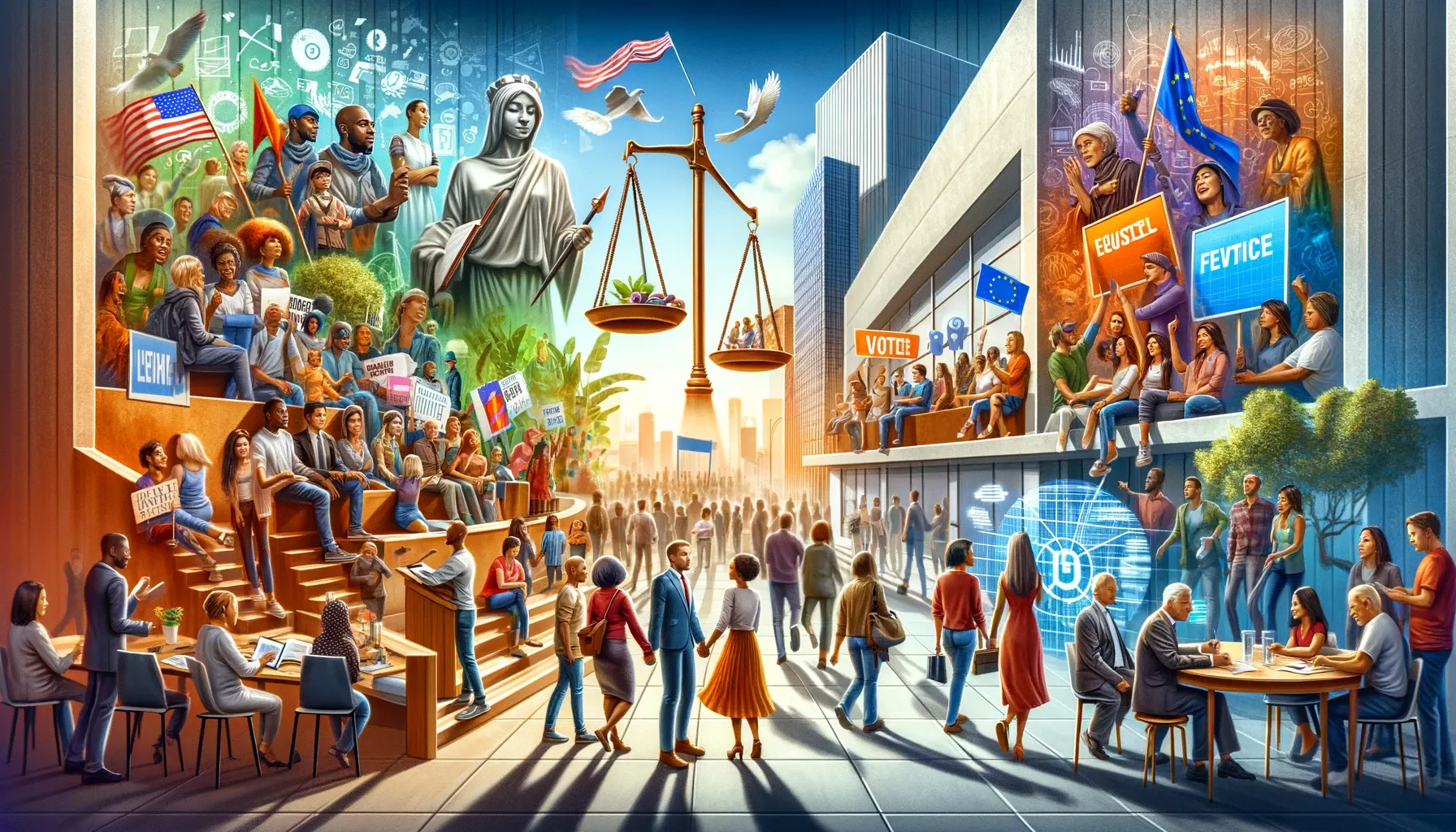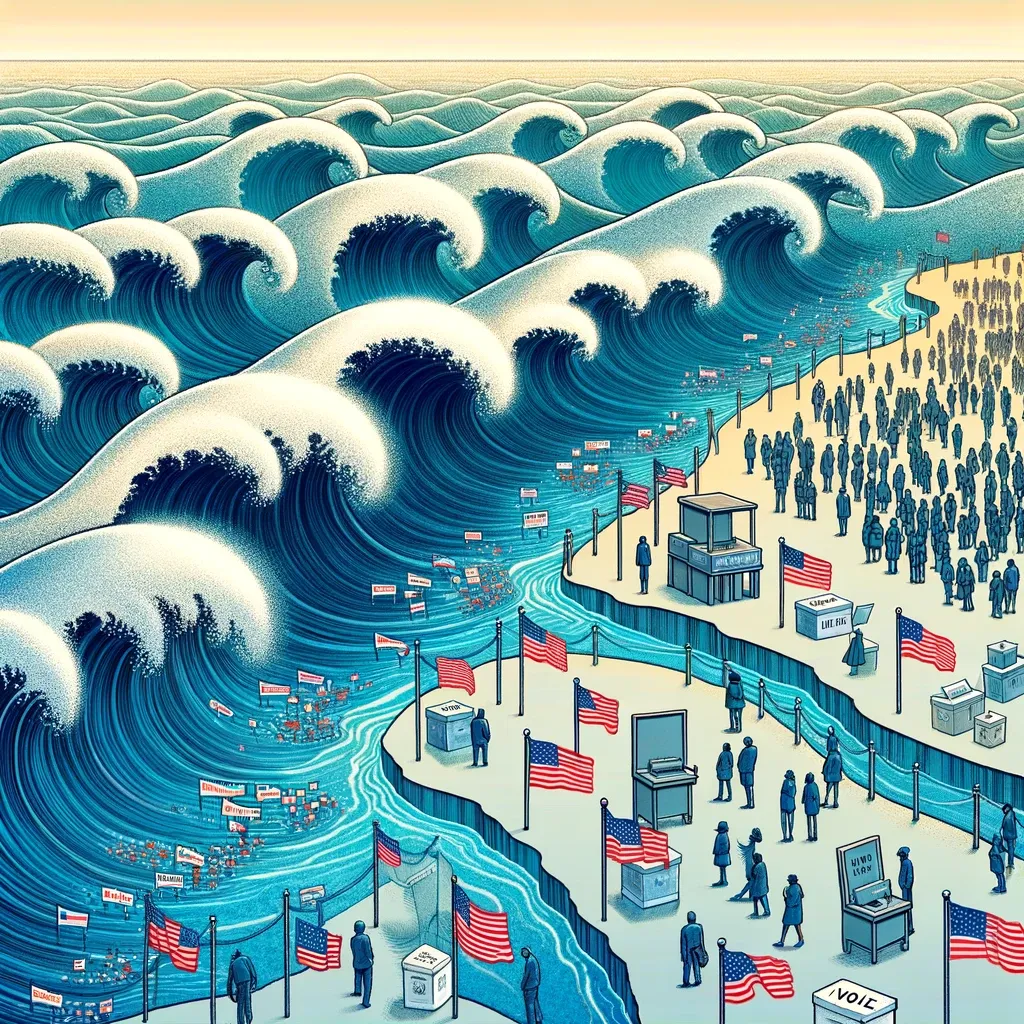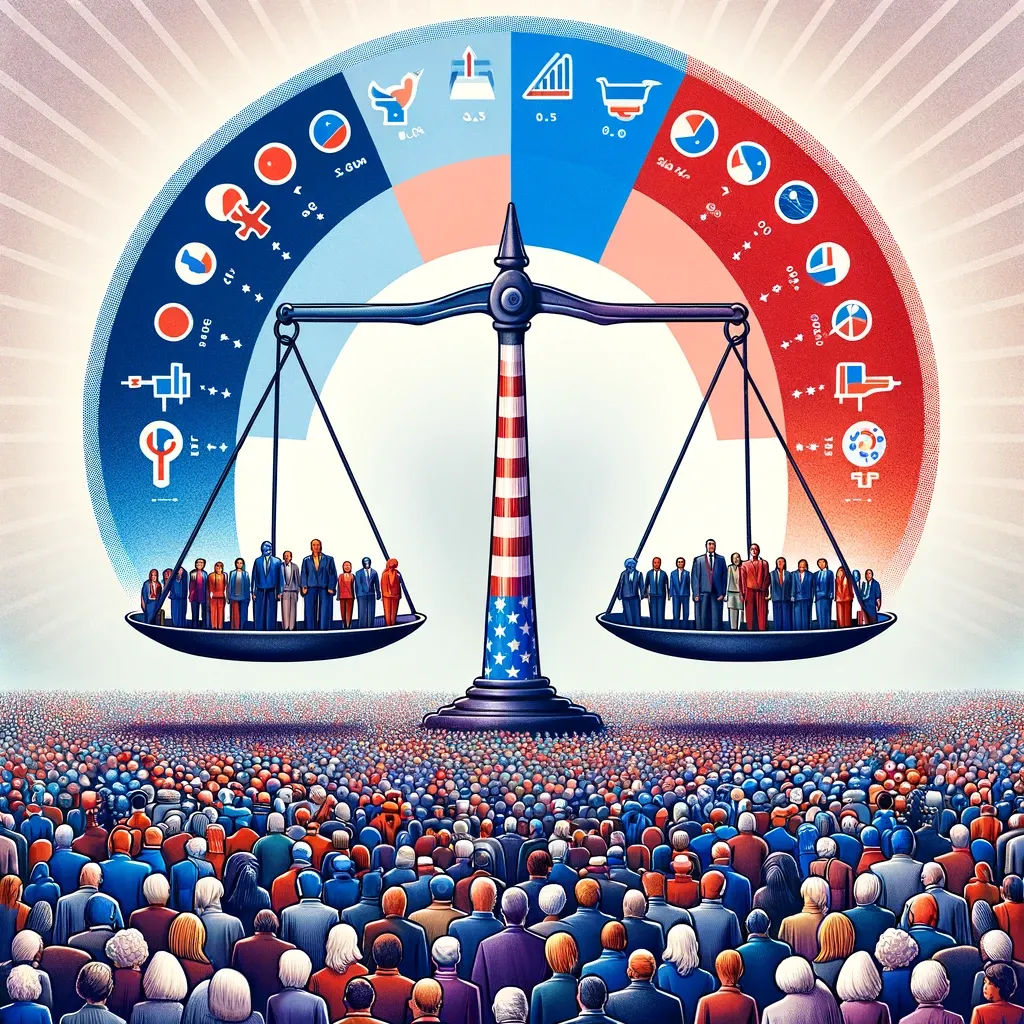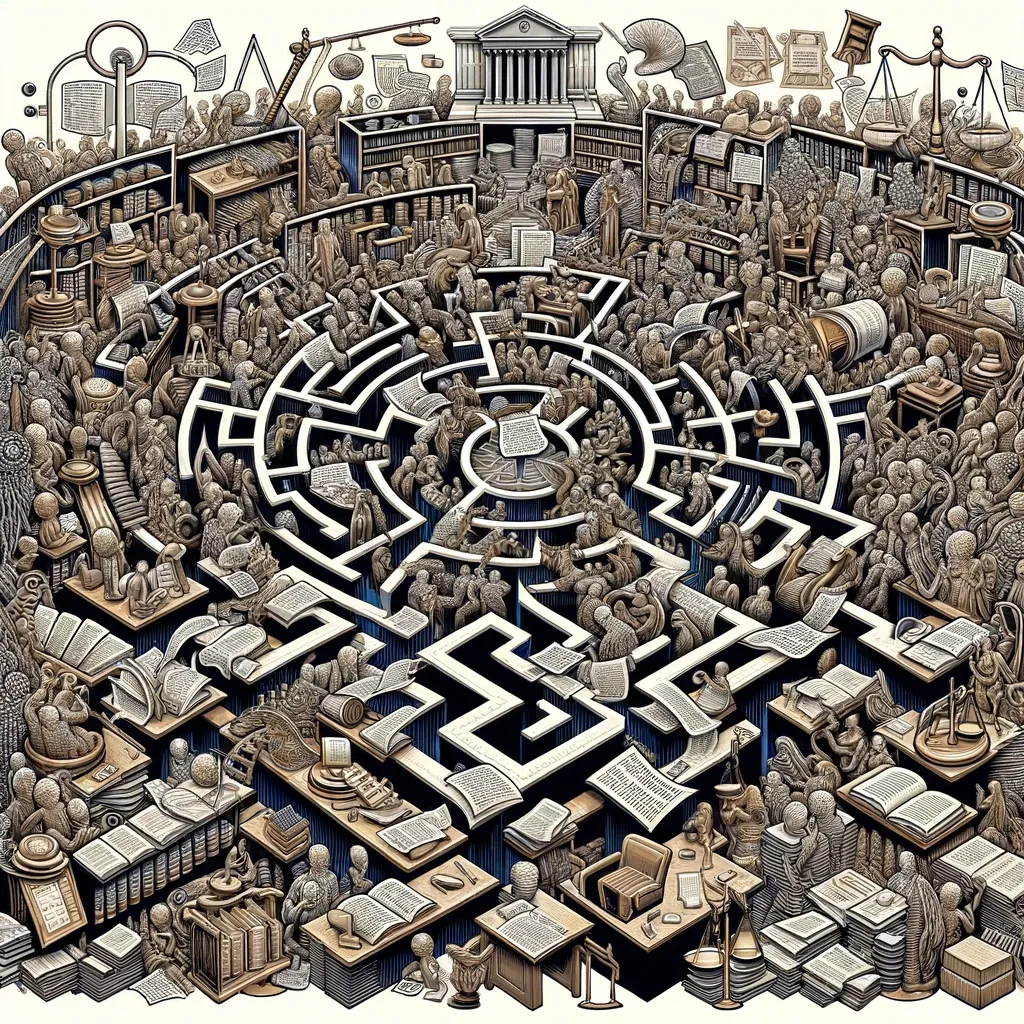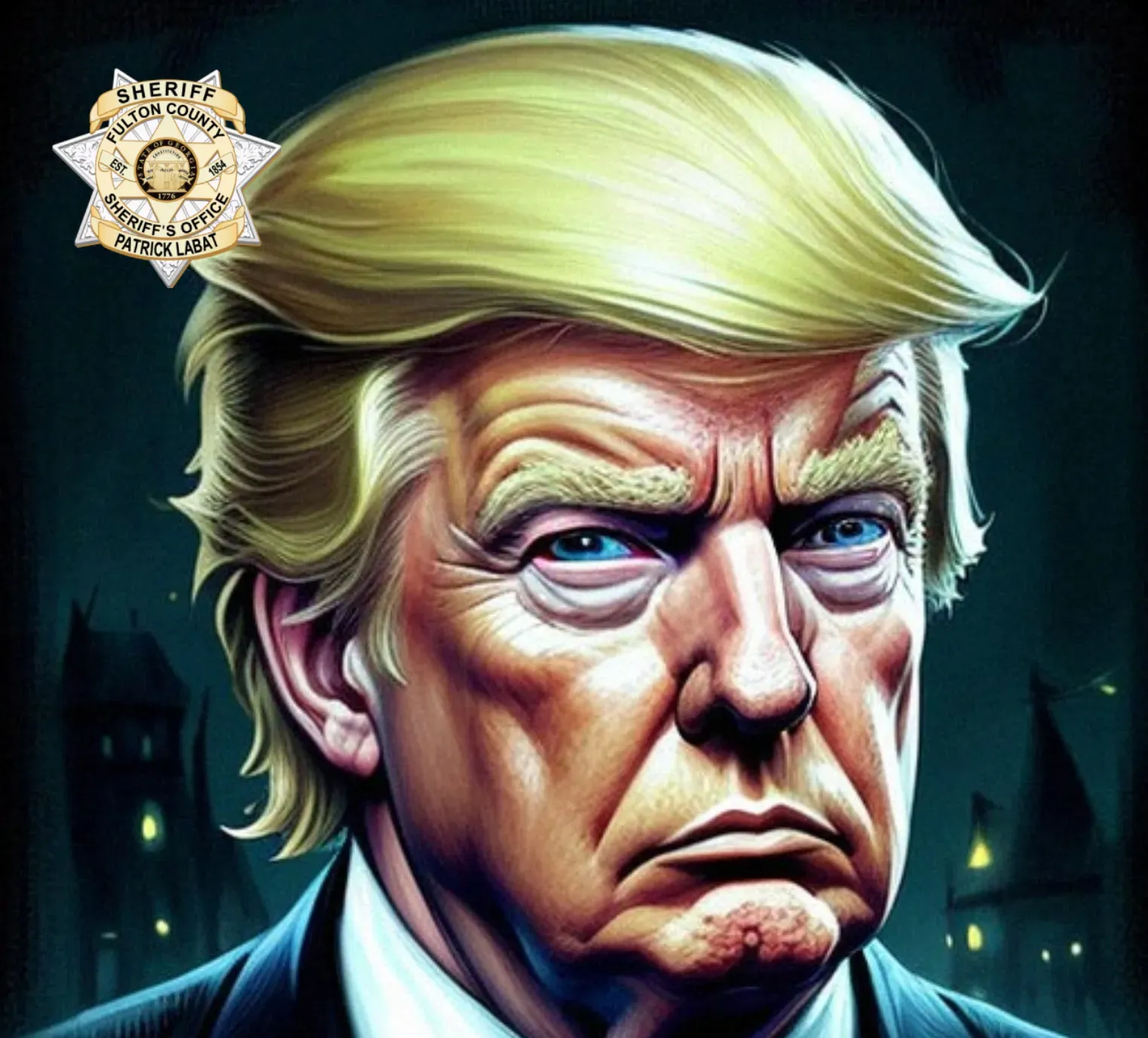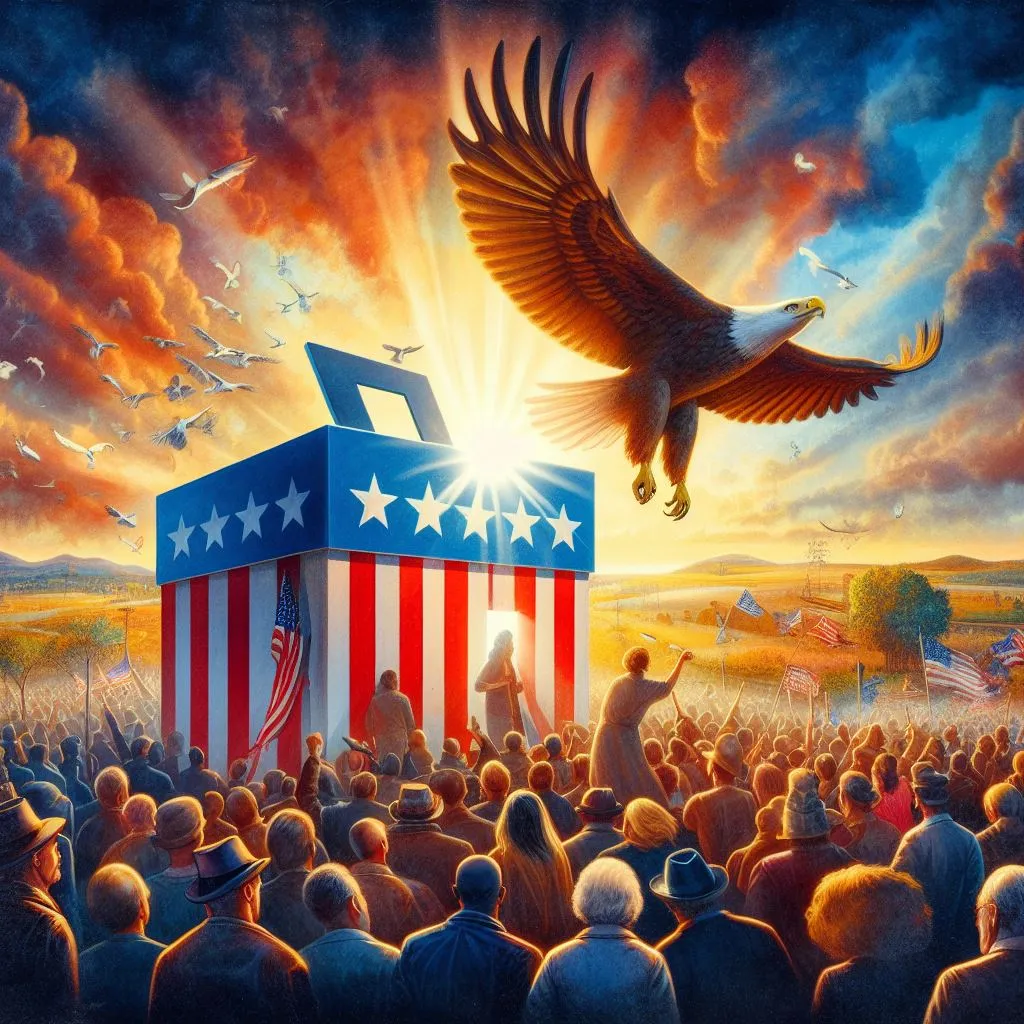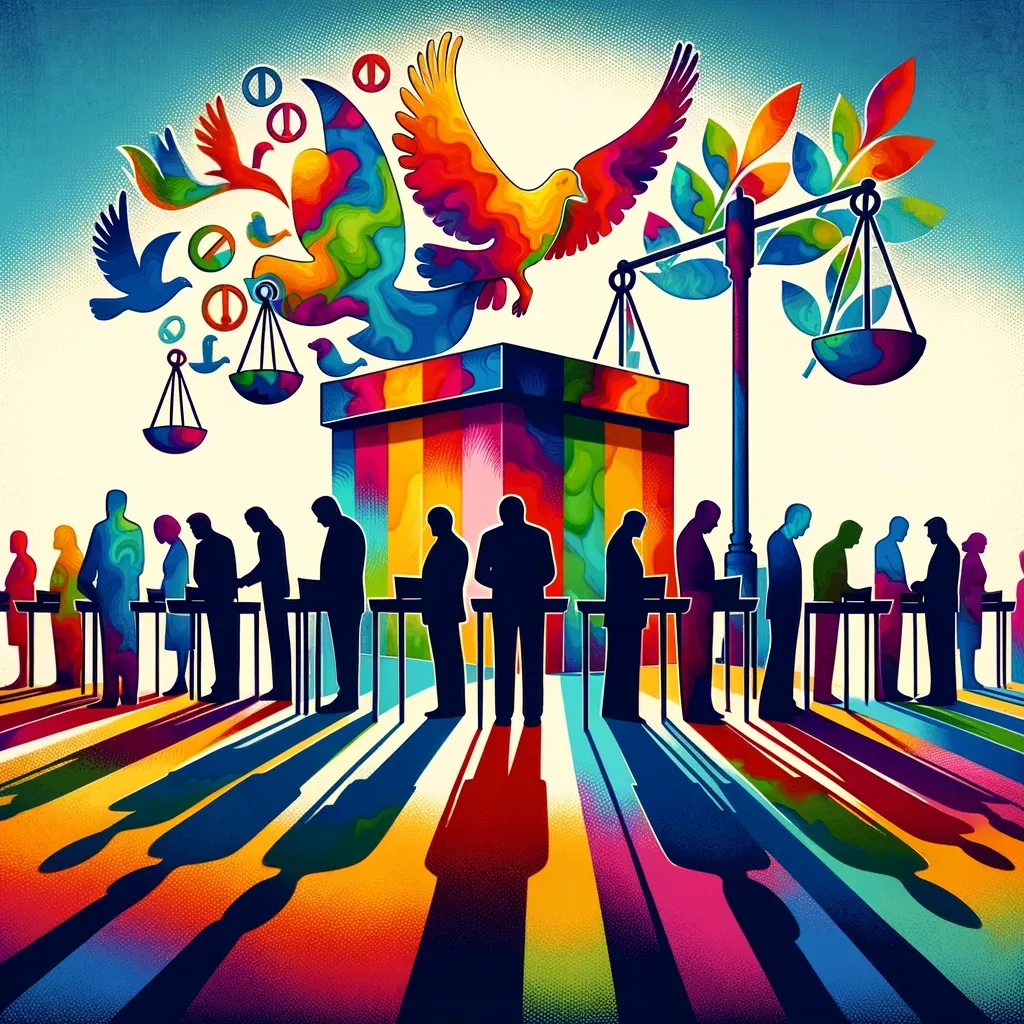Trump's 'Fake News' Battle: How it Reshapes Media and Public Trust
Unravel the tangled tale of former President Trump's contentious relationship with the media, exploring its implications on journalistic integrity and public discourse. Unearth the truth behind his frequent 'fake news' claims and understand their ripple effects on our democratic society.
- Gain a deeper understanding of the historical context of Trump's conflict with the media.
- Learn about specific instances where 'fake news' was used as a weapon to discredit journalism.
- Analyze various media outlets’ response to these accusations.
- Reflect on how these accusations impact public trust in journalism.
In a world where information is power, being able to discern fact from fiction is more crucial than ever. This reality became strikingly apparent during Donald Trump’s presidency when a war of words erupted between him and the media. It was here that the term ‘fake news’ entered mainstream dialogue, wielded like a cudgel by Trump to discredit reporting he disagreed with or found unfavorable.
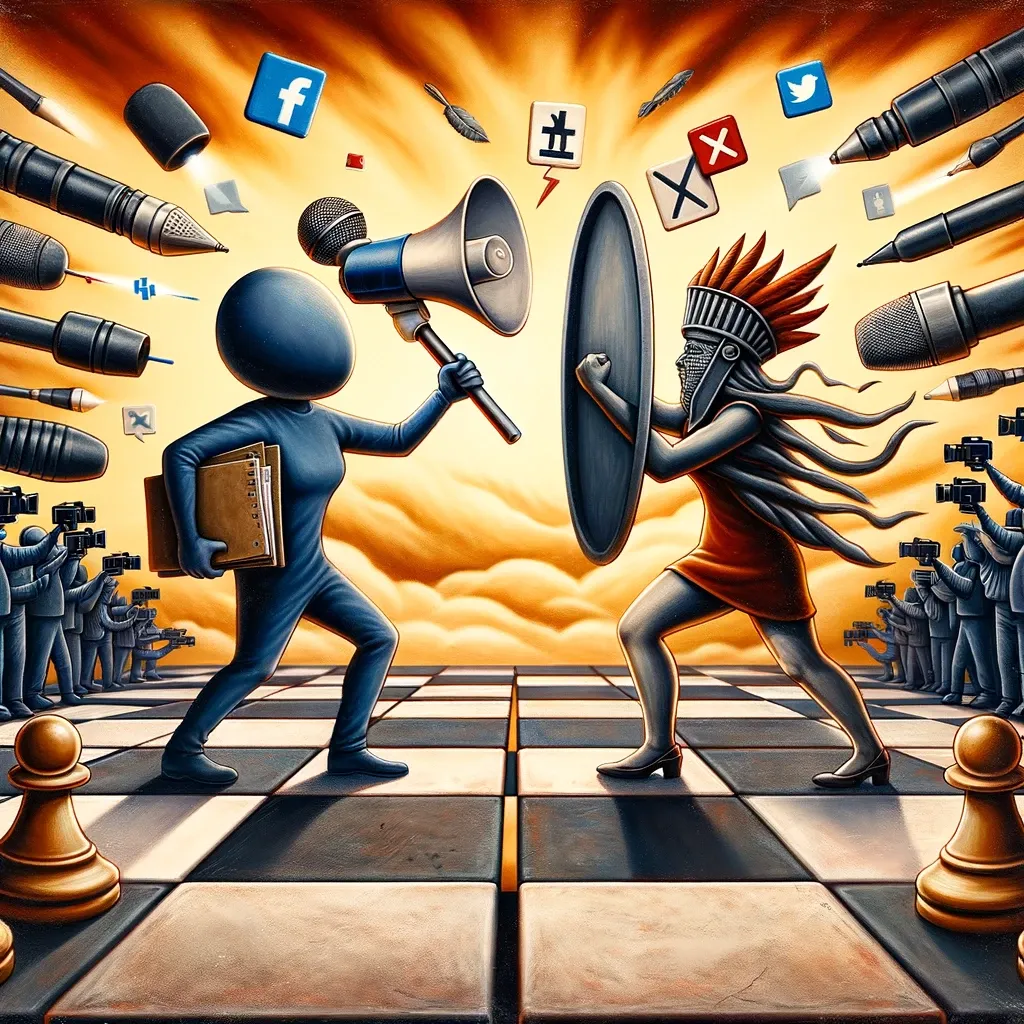
The inception of this conflict traces back to Trump’s early days in office when he began labeling negative coverage as ‘fake news.’ It signaled an era where the line between factual reporting and political bias started blurring in unprecedented ways. Instances like these were manifold - from disagreements over crowd sizes at his inauguration to reporting about his dealings with Ukraine.
Media outlets found themselves caught in a crossfire. Some pushed back against these accusations by reinforcing their commitment to unbiased reporting, while others doubled down on their criticism of Trump. The Washington Post went so far as launching a tagline "Democracy Dies in Darkness," subtly implying threats to freedom of speech under his administration.
Yet, these skirmishes didn't just remain confined within journalistic circles; they spilled over into public consciousness too. For some, 'fake news' became synonymous with media bias against Trump, eroding their trust in news outlets. Conversely, others viewed this as an attack on journalism itself, undermining its role in holding power to account.
Click below to claim your FREE Trump Mugshot poster
But what does this mean for a society steeped in democratic principles? After all, a thriving democracy hinges on an informed citizenry. The 'fake news' phenomenon has added a layer of skepticism to the way information is consumed and shared, prompting individuals to question not just the message, but the messenger too.
As we move forward into a new political era, grappling with the legacy of Trump’s ‘fake news’ battle is crucial. Navigating these choppy waters requires not just awareness of this dynamic but also education about media literacy.
Regardless of where you stand on this issue, one thing remains clear: the power to shape public discourse lies not just with those behind the news desk or in political office. It rests firmly with us - the consumers of information. And with this power comes responsibility - to critically evaluate information we encounter and understand its context before passing judgment.

This call-to-action isn't just vital for our individual growth but for safeguarding our collective faith in democratic ideals. After all, democracy isn’t merely about casting votes; it's about participating in informed debates, making discerning decisions, and above all, upholding truth above partisanship.
So next time you come across a news story that challenges your views or makes you uncomfortable - don’t hastily dismiss it as 'fake news.' Instead, engage with it critically. Question it. Research it further. You may find that truth often resides somewhere between the lines - waiting to be discovered by those willing to look beyond their biases.

